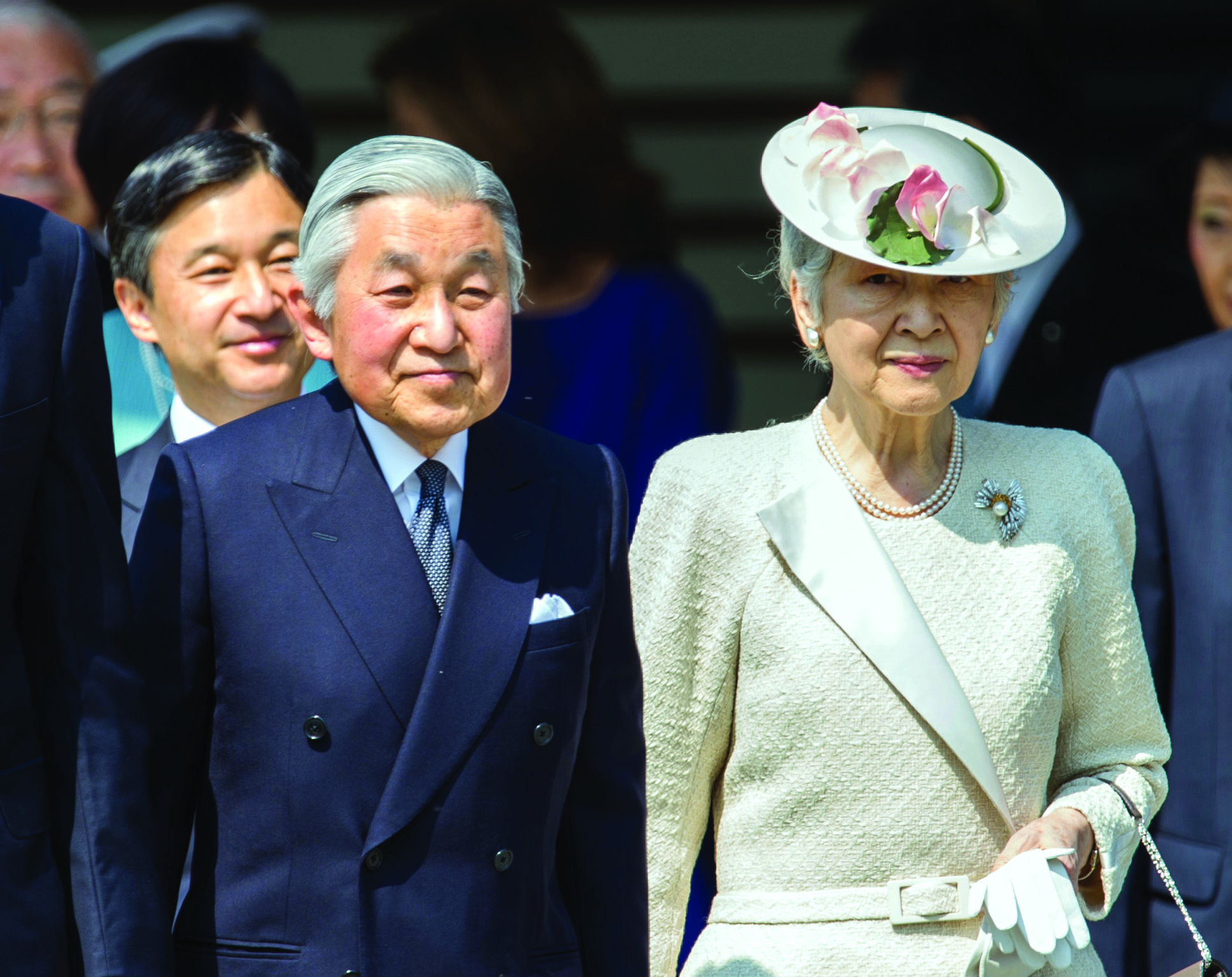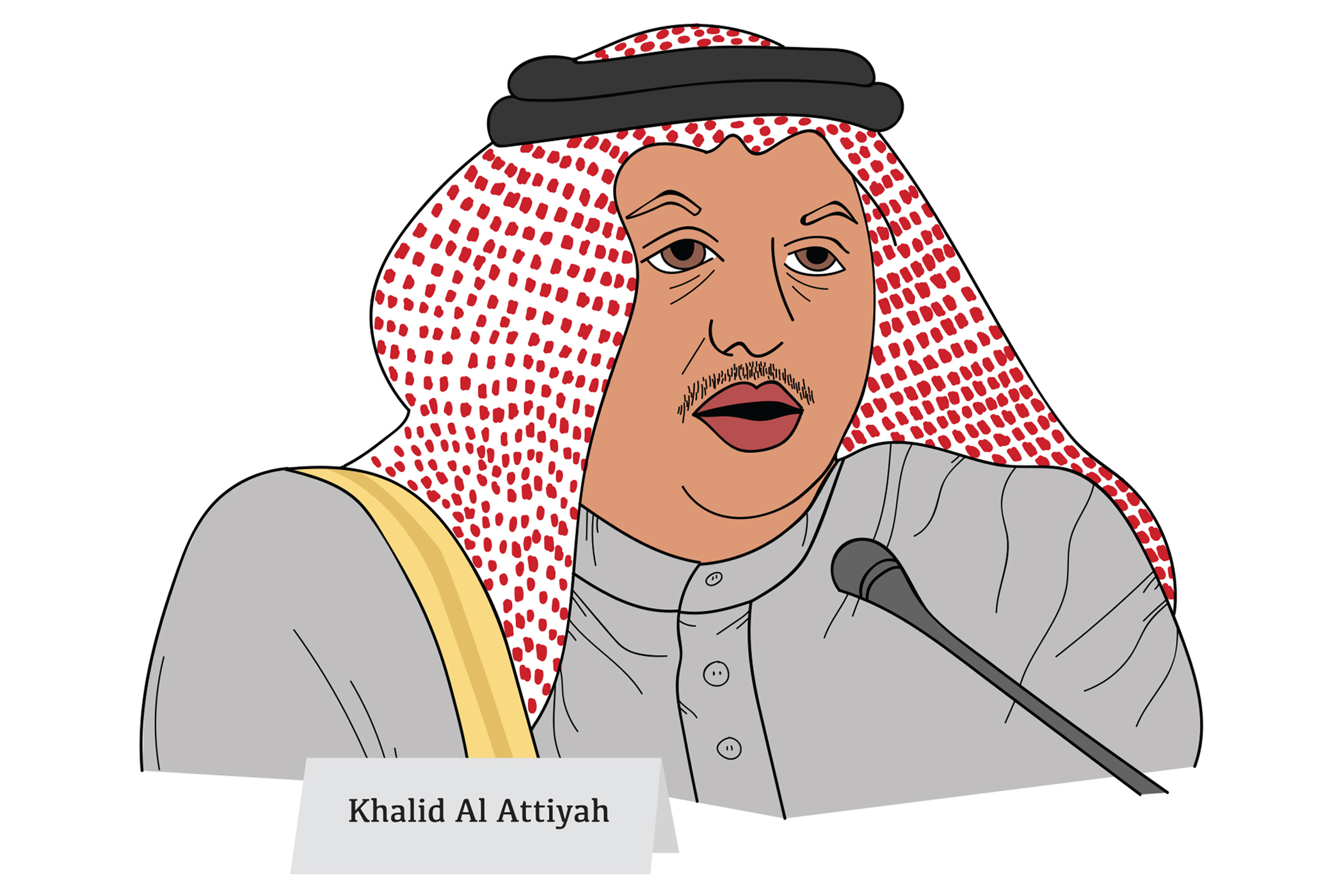April 28 Burkina Faso: Six people were killed in an attack on a Christian church following Sunday service in northern Burkina Faso. Al Jazeera reported armed attackers riding on motorbikes fired at the congregation as they were exiting the church in the small town of Silgadhi, killing five worshipers and a pastor. Two others have been reported missing. According to Deutsche Welle and BBC, the West African nation is well-known for its history of religious tolerance and cultural diversity. While no group or individual has claimed responsibility for the latest attack, the country has seen a rise in extremism and violent attacks from groups based in neighboring Mali.
April 28 Indonesia: Following the island nation’s massive elections, Spokesman of the General Election Commission Arief Priyo Susanto confirmed that 272 election officials had died in ten days due to overwork while another 1,878 had become ill. According to Reuters, election officials have been working long hours counting millions of ballots by hand in an effort to have a final count by May 22. Indonesia, a country made up of thousands of islands spanning some 3,000 miles, held its presidential, parliamentary, regional and local elections simultaneously for the first time on April 17 in an effort to cut costs. Over 800,000 polling stations were set up with nearly 6 million people employed to assist the 193 million eligible voters, 80% of whom cast their ballots that day.
April 29 Unknown – possibly Syria or Iraq: For the first time in five years, leader of the self-declared Islamic State of Iraq and Syria group Abu Bakr al-Baghdadi appeared in a video released through their Al-Furqan media channel on April 29. Baghdadi, who was last filmed in 2014 while giving a sermon at the Great Mosque in Mosul, Iraq, has been believed dead, as the U.K.–based Syrian Observatory for Human Rights reported in July 2017 via TIME. While it’s unclear when the video was filmed, Middle East Eye reports Baghdadi made commentary on recent events including Israel’s elections and protests in Algeria while claiming responsibility for the Sri Lanka Easter attacks. Baghdadi claimed the attacks were “vengeance for their brothers in Baghouz,” referring to a battle which ended in March in decisive defeat for the group. The location of where the video was filmed is unknown. However, according to The Independent, Western intelligence speculate Baghdadi had gone into hiding in a remote location either in Iraq or Syria.
April 29–May 1 Japan: For the first time in over 200 years of Japanese monarchs, now former Emperor Akihito officially abdicated the Chrysanthemum Throne at the Imperial Palace in Tokyo on April 29 alongside his wife, Empress Emerita Michiko, thereby officially ending the Heisei era. “Since ascending the throne 30 years ago, I have performed my duties as the emperor with a deep sense of trust in and respect for the people, and I consider myself most fortunate to have been able to do so,” he said via The Japan Times. According to Kyodo News, Akihito became the 125th emperor of Japan on Jan. 7, 1989 following the death of his father, Emperor Hirohito. Crown Prince Naruhito officially became emperor on May 1 during a ceremony exclusive to male adults of the imperial family, ushering in the new Reiwa era of Japan.
May 1 Global: International Worker’s Day, held every year on the first of May, was observed by millions across the world in protests and demonstrations for better working conditions. Vox reported riot police clashed with protesters in Turkey, Russia, France and Italy while arresting hundreds of demonstrators. In Hong Kong, bus drivers and housekeepers demanded a 44-hour workweek—an 11-hour difference from their current required hours. Workers in Bangladesh rallied for sexual harassment protections and paid maternity leave, which is already required by law but rarely executed. Protesters in Jakarta, Indonesia attempted to reach the national palace as they demanded higher wages but were blocked by police barricades. Algeria saw continued protests as the country addresses unemployment and poverty, while construction workers in South Korea protested against deteriorating working conditions. An effigy of the Filipino President Rodrigo Duterte was burned by protesters as they rallied for higher wages and enforced labor contracts, while Nigerians demanded qualitative healthcare and other social safety nets in Logos.
May 3 Sindh, Pakistan: A doctor in the city of Larkana was arrested on May 3 after a string of recent HIV cases were traced back to him. According to Al Jazeera, over 90 people, including 65 children, were infected with the virus. The doctor, identified by The Independent as Dr. Muzaffar Ghangharo, was using contaminated syringes. Local Police Chief Kamran Nawaz confirmed the doctor in question also has HIV. The case began to receive attention when 39 people including 18 children tested positive for the virus last week. “The blood of the parents of the infected children was also tested, but their results were negative,” said Azra Pechuho, the provincial minister of Sindh for Health and Population Welfare. More than 2,400 people were tested by medical teams to determine the severity of the situation, The Telegraph reported, after which it was found at least 98 were infected while tracing the incidents of new cases back to Ghangharo’s private clinic.
When I first came to PSU, I was a Chinese major, having studied three years prior in high school alongside French and Japanese. After the first year, I took a hiatus. I don't believe in going to college straight out of high school, but it's what was expected. I returned a few years later to study Japanese at PCC and Arabic at PSU. I am now a junior majoring in International Studies: Middle East and Arabic. In the future, I would like to work as a journalist or humanitarian aid worker in the region, helping people who lack economic and political backing and media exposure.






